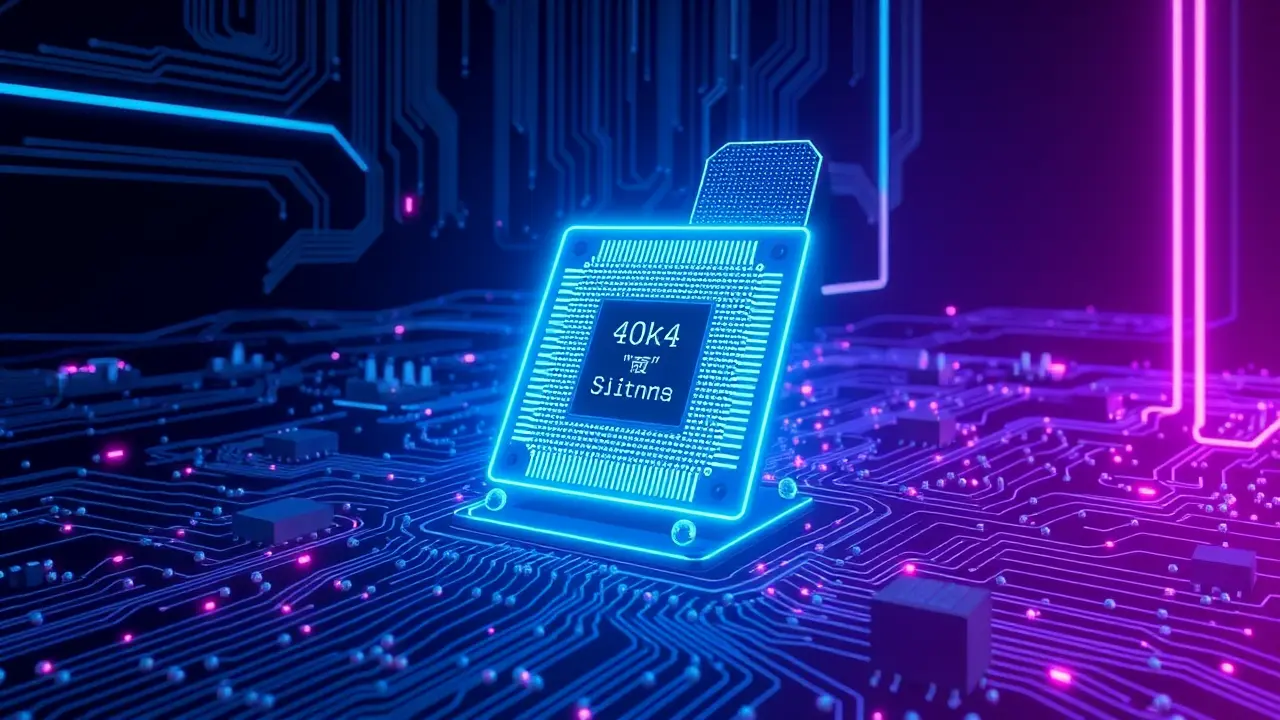Netherlands Seizes Control of China-Owned Chip Firm
In a calculated maneuver resonating with the strategic foresight of geopolitical chess, the Netherlands has decisively seized control of a China-owned semiconductor firm, a move that sends a stark signal through the corridors of global power and technological sovereignty. This isn't merely a corporate takeover; it's a preemptive strike in the escalating cold war for control of the 21st century's most critical resource—the silicon chip.The target, a company embedded in the delicate supply chain that powers everything from our smartphones to advanced military systems, represents a tangible asset in a conflict where data is the new oil and processing power is the ultimate currency. This action, ostensibly framed as a necessary measure to protect national and European Union technological supplies from potential foreign coercion, carries a risk profile that analysts have been modeling for years.The immediate fallout is a predictable spike in diplomatic tensions between the EU and Beijing, which has consistently viewed such interventions as economically protectionist and politically motivated. However, the deeper, more systemic risk lies in the potential for retaliatory measures from China, which could range from export controls on rare earth minerals essential for chip manufacturing to the creation of parallel, decoupled technological ecosystems.One must look to historical precedents, like the U. S.reaction to Japan's semiconductor ascendancy in the 1980s, to understand the potential for such economic conflicts to spiral. The Dutch decision, likely taken after intense consultation with allies in Washington, reflects a broader Western consensus that has hardened since the pandemic-era chip shortages exposed the fragility of globalized supply chains.It is a direct consequence of policies like China's 'Made in China 2025' initiative, which explicitly aims for dominance in high-tech sectors, and the West's subsequent recalibration towards 'de-risking. ' Experts from risk consultancies like the Eurasia Group would argue this is a textbook case of a nation-state acting to mitigate a high-probability, high-impact threat scenario—where a strategic asset under foreign control could be weaponized during a period of geopolitical strife, crippling entire industries.The consequences will ripple far beyond The Hague and Beijing; they will force a reevaluation of foreign investment rules across the bloc, accelerate the reshoring of critical industries, and likely trigger a new wave of industrial policy aimed at achieving technological autarky. For investors and corporate strategists, the event is a clear indicator that the era of unfettered globalization is over, replaced by a new paradigm where national security consistently trumps free market principles. The long-term analytical insight is that this single act solidifies a bifurcating world order, where the tools of progress are no longer shared commodities but guarded arsenals in a silent, yet intensifying, struggle for supremacy.
JA
Jamie Lawson123k2 days ago
well this is a mess waiting to happen tbh feels like everyone is just escalating things for no reason
0
JA
Jamie Larson123k2 days ago
wait so the netherlands just took a whole company? that's wild tbh idk how to feel about this
0
JA
Jamie Wilson123k2 days ago
wait so are we fighting over computer parts now i just bought a new phone and now im worried smh
0
